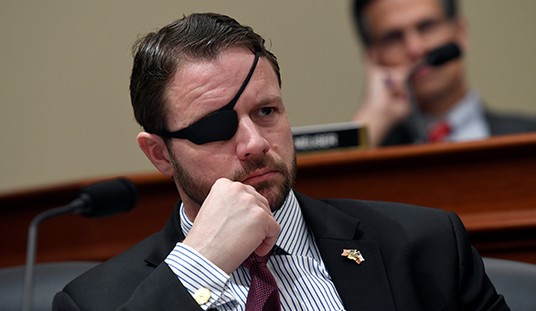You think stuff on earth is problematic? Wait’ll you get to space. It’s bad out there, folks.
Fortunately, NASA is taking important steps to do something about it:
As we work to identify & address systemic discrimination & inequality in all aspects of the scientific community, we are reexamining the use of unofficial terminology for cosmic objects which can be not only insensitive, but actively harmful. Read more: https://t.co/ZNicp5g0Wh pic.twitter.com/jDup6JOGBd
— NASA (@NASA) August 5, 2020
It’s about time!
https://twitter.com/katearthsis/status/1291470293312114693?ref_src=twsrc%5Etfw%7Ctwcamp%5Etweetembed%7Ctwterm%5E1291470293312114693%7Ctwgr%5E&ref_url=https%3A%2F%2Ftwitchy.com%2Fwordpress%2Fwp-admin%2Fpost.php%3Faction%3Deditpost%3D1831415
This makes no sense
— ♡ Dean Neil ♡ (@DeanCourvoisier) August 5, 2020
Here, let them explain:
Distant cosmic objects such as planets, galaxies, and nebulae are sometimes referred to by the scientific community with unofficial nicknames. As the scientific community works to identify and address systemic discrimination and inequality in all aspects of the field, it has become clear that certain cosmic nicknames are not only insensitive, but can be actively harmful. NASA is examining its use of unofficial terminology for cosmic objects as part of its commitment to diversity, equity, and inclusion.
As an initial step, NASA will no longer refer to planetary nebula NGC 2392, the glowing remains of a Sun-like star that is blowing off its outer layers at the end of its life, as the “Eskimo Nebula.” “Eskimo” is widely viewed as a colonial term with a racist history, imposed on the indigenous people of Arctic regions. Most official documents have moved away from its use. NASA will also no longer use the term “Siamese Twins Galaxy” to refer to NGC 4567 and NGC 4568, a pair of spiral galaxies found in the Virgo Galaxy Cluster. Moving forward, NASA will use only the official, International Astronomical Union designations in cases where nicknames are inappropriate.
…
Nicknames are often more approachable and public-friendly than official names for cosmic objects, such as Barnard 33, whose nickname “the Horsehead Nebula” invokes its appearance. But often seemingly innocuous nicknames can be harmful and detract from the science.
Recommended
Hey, speaking of detracting from the science …
“…we've also updated our name to now stand for ‘Not Actually Science Anymore.’” https://t.co/95xnDE3AYa
— Michael Deppisch (@deppisch) August 6, 2020
Right? Because seriously, WTF is this crap?
Woke NASA is on the verge of going completely to newspeak and declaring that two plus two is five. That's probably a good way to crash some stuff. https://t.co/XTH5xbxAQF
— Aldous Huxley's Ghost™ (@AF632) August 6, 2020
"Black holes? We now use the more sensitive term 'African-American spacial cavity!'"
"But that's what col-"
"Bigot!"
— Aldous Huxley's Ghost™ (@AF632) August 6, 2020
???Cosmic objects with actively harmful names????? This MUST be a joke!
— Creative Deduction (@CreativeDeduct) August 6, 2020
Let's start with Uranus.
— Robby Villabona (@robbyvillabona) August 5, 2020
This is getting beyond ridiculous.
— Brad Staggs on Mojo 5-0 (@realBradStaggs) August 6, 2020
To infinity and beyond.

























Join the conversation as a VIP Member